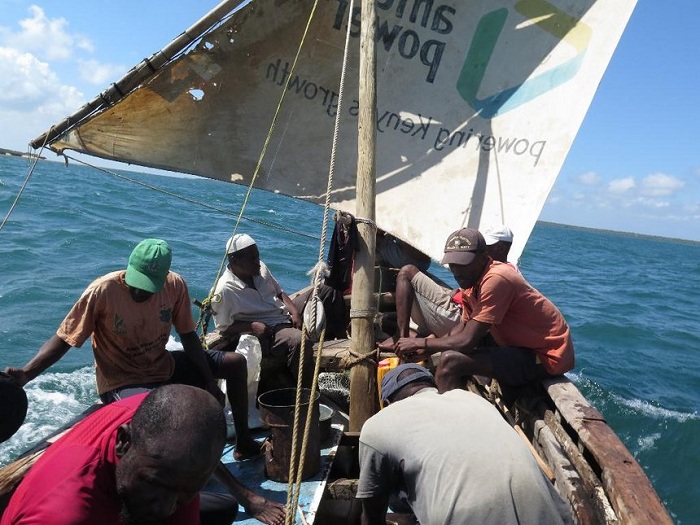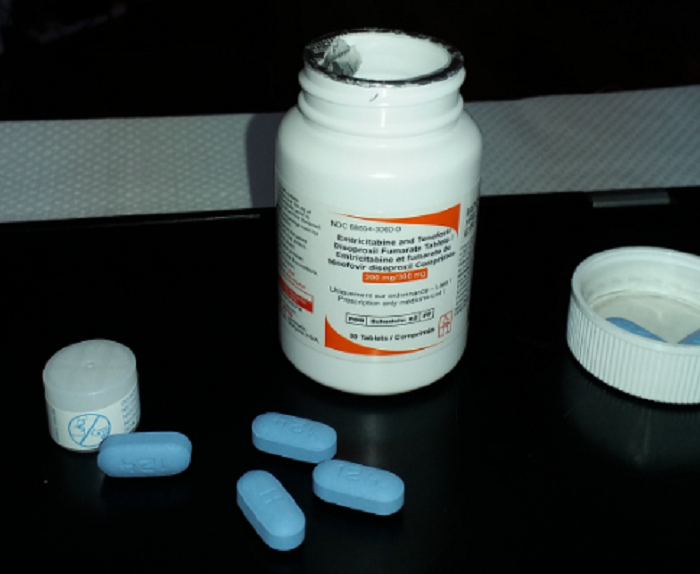Naivasha,KENYA:As the country is preparing to officially launch the oral Pre Exposure Prophylaxis (PrEP) for people who are HIV-negative but at high risk of infection to protect themselves, health journalists drawn from Nakuru, Nairobi, Mombasa and Kisumu counties are undergoing training at a capacity building workshop on the new HIV prevention options with an emphasis on Oral Pre-Exposure Prophylaxis (PrEP) at the Enashipai Resort in Naivasha.
Journalists are being introduced to the new horizons in HIV prevention and the science behind PrEP.
Pre Exposure Prophylaxis (PrEP) are the anti retro-viral drugs taken daily by HIV negative people who are at high risk of HIV infection to reduce their chances of becoming infected.
PrEP can reduce the risk of contracting HIV by way of unprotected sex by over 90 per cent, however experts advise use of condoms, practice of safer sex , clean injection equipment, and other HIV prevention methods because it’s not 100 percent effective.
In the Lake Victoria Region cluster that comprises of Kisumu, Homa Bay and Kisii counties,Oral PrEP will target 4,281 people.
In Nairobi cluster counties of Nairobi, Machakos and Kiambu, Oral PrEP will target 10,712 people while in Coast cluster counties of Mombasa, Kilifi, Kwale and Taita Taveta Oral PrEP will target 5,783 people.
However, the method does not prevent STI’s and it does not prevent pregnancy. Experts advise that PrEP should therefore be used together with a condom.
For females who are on the PrEP and do not what to conceive, they should use a family planning methods.
The World Health Organization, 2015 now recommends oral PrEP among populations with a HIV incidence of 3 percent per year or higher.
Kenya has included Pre Exposure Prophylaxis (PrEP) in the revised national guidelines on the use of antiretroviral drugs for treating and preventing HIV infections.
The training is organized by Jhpiego – an affiliate of Johns Hopkins University and National Aids and STI Control Program – NASCOP.













